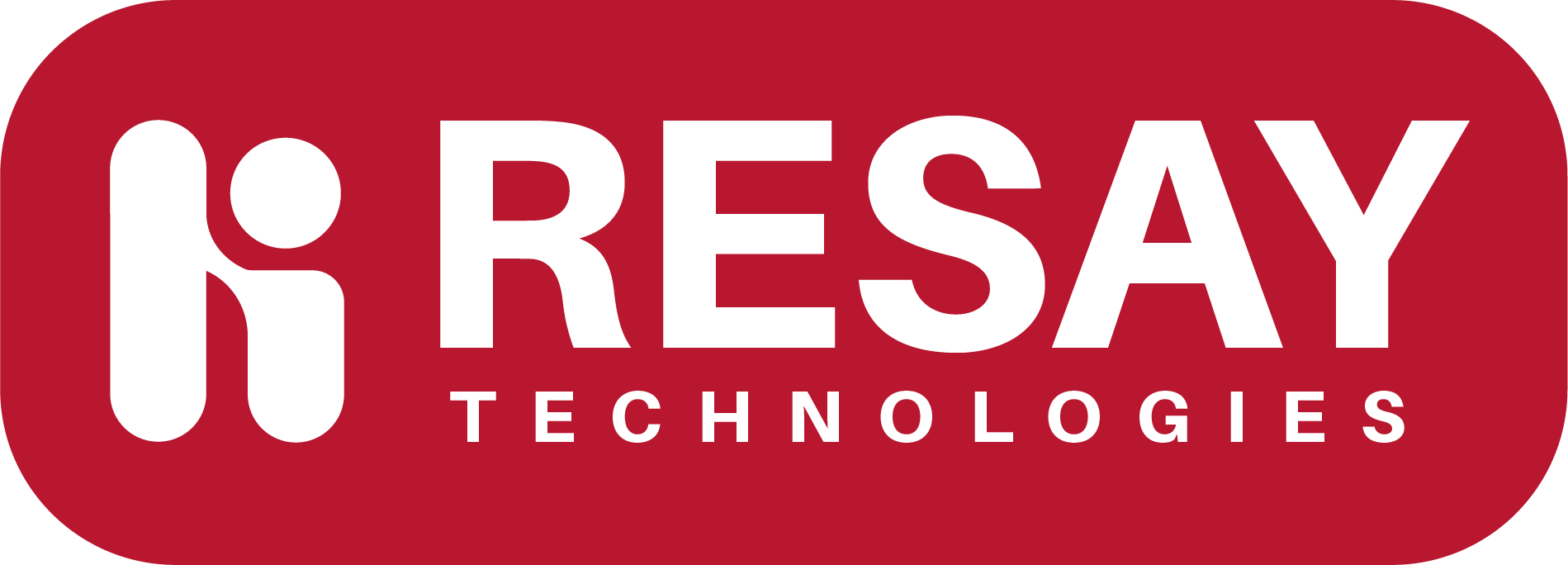Posted by:
Category:
Comments:
Post Date:
The Complete Guide to Label Printers: Features, Benefits, and Choosing the Right Model

In industries ranging from retail and logistics to healthcare and manufacturing, label printers play a crucial role in improving workflow efficiency and ensuring product traceability. Whether you need to print barcode labels, shipping labels, or product information labels, choosing the right label printer can significantly impact your business. In this article, we’ll dive deep into what label printers are, their types, key features, and how to choose the best label printer for your needs. We’ll also highlight the top brands and provide tips on optimizing your label printing process with an SEO-friendly approach.
What is a Label Printer?
A label printer is a specialized device designed to print labels for a variety of purposes, including barcodes, shipping information, product descriptions, and inventory tags. Unlike regular printers, label printers are optimized to handle various media types and sizes and often incorporate features like thermal printing, which provides long-lasting, high-quality labels.
Label printers are essential for businesses that need accurate and clear labels for packaging, identification, or tracking.
Types of Label Printers
There are several types of label printers available, each catering to different needs and industries:
- Thermal Label Printers: These printers use heat to transfer ink onto labels, offering durable, smudge-free prints. They come in two forms:
- Direct Thermal Printers: Use heat-sensitive paper and do not require ink or toner. Ideal for short-term use, such as shipping labels.
- Thermal Transfer Printers: Use a ribbon to transfer ink onto labels, creating long-lasting prints. Great for product labeling and inventory tags.
- Inkjet Label Printers: These printers use liquid ink to print vibrant, full-color labels, ideal for creating high-quality product labels, such as for food and beverage packaging.
- Laser Label Printers: Known for their speed and precision, laser printers are often used for high-volume label printing. They offer sharp prints and are suitable for office environments that need versatile printing capabilities.
- Industrial Label Printers: Built for heavy-duty use, industrial label printers are designed to withstand high-volume printing environments. They’re commonly used in warehouses, factories, and logistics.
- Desktop Label Printers: Compact and easy to use, these printers are perfect for small businesses or home offices. They offer good print quality and are versatile enough to handle a variety of label types.
Benefits of Using a Label Printer
- Improved Efficiency: Label printers help automate the labeling process, reducing manual errors and saving time in environments like warehouses, retail stores, and shipping departments.
- Cost-Effective: Printing labels in-house is often more economical than outsourcing, especially for businesses that need frequent label updates or custom labels.
- Customizable Labeling: Whether you need barcodes, QR codes, or custom designs, label printers offer flexibility in size, shape, and content, making them ideal for tailored business needs.
- Enhanced Organization: Clear, well-printed labels improve product identification, inventory management, and overall organization, helping businesses track assets and reduce errors.
- Durability: Thermal transfer label printers produce durable labels that are resistant to fading, smudging, and environmental factors like heat or moisture, which is essential for long-term applications in industrial settings.
Key Features to Look for in a Label Printer
When choosing a label printer, consider the following features to ensure it meets your specific business needs:
- Print Resolution: High resolution (measured in dots per inch or DPI) is essential for printing clear, sharp labels. If you’re printing barcodes or fine text, opt for a printer with at least 300 DPI.
- Print Speed: For businesses that need to print a high volume of labels quickly, look for printers with fast print speeds measured in inches per second (IPS). This is especially important in warehouses or shipping departments.
- Connectivity Options: Many modern label printers come with various connectivity options such as USB, Ethernet, Bluetooth, or Wi-Fi. This allows for flexible integration with other systems or mobile devices.
- Label Size Compatibility: Ensure that the printer supports the size and type of labels you plan to use. Industrial printers may support larger labels, while desktop models are more suited for standard sizes.
- Durability: If your business operates in a harsh environment, consider a rugged or industrial-grade label printer that can withstand heavy use, dust, and temperature variations.
- Ease of Use: Choose a label printer with an intuitive interface and easy media loading. This can minimize downtime and reduce the need for specialized training.
Top Label Printer Brands in the Market
- Zebra: Zebra is a leading brand known for its wide range of thermal and industrial label printers. Their printers are renowned for their durability, speed, and precision, making them ideal for demanding environments.
- Toshiba: Toshiba label printers offer high-quality printing solutions for industries like retail, healthcare, and logistics. Their thermal transfer printers are known for producing long-lasting labels.
- Brother: Brother provides a variety of label printers, from compact desktop models to more advanced machines for office and industrial use. Their printers are known for user-friendly features and cost-effective operation.
- DYMO: DYMO is popular for its simple, affordable label printers suited for small businesses and home offices. Their label printers are easy to set up and use.
- Honeywell: Honeywell offers industrial-grade label printers designed for high-volume and mission-critical environments. Their rugged printers are built to withstand the rigors of warehouse and manufacturing settings.
Optimizing Label Printing for Your Business
To get the most out of your label printing system, follow these best practices:
- Regular Maintenance: Keep your printer in good condition by cleaning the printhead and performing routine maintenance. This ensures consistent print quality and extends the life of the printer.
- Use Quality Labels: Choose high-quality labels and ribbons that are compatible with your printer. Poor-quality labels can result in smudged or faded prints.
- Integrate with Software: Use label design software that integrates with your inventory management or point-of-sale (POS) systems. This streamlines label printing and reduces the risk of errors.
- Test Print Settings: Experiment with different print settings, such as DPI and speed, to find the best balance between quality and efficiency for your specific needs.
Resay Technologies’ wide variety of label printers offers reliable, high-quality printing solutions for businesses of all sizes, including options for thermal, inkjet, and industrial printers, designed to meet the needs of industries such as retail, logistics, healthcare, and manufacturing. Contact us today to learn more!
